

World of Warcraft is on the decline and Blizzard no longer expects to see growth. There are many reasons why former players have quit, but the most dominant reason is that the game is no longer the same. They miss the old days, which is why so many players are flocking to private servers.
Maybe you’ve considered the private server route but you’re wary of the potential consequences. What should you expect? Are they legal? Is it okay if you play on them? Let’s take a look at all of that.
Disclaimer: None of the information in this article should be considered as legal advice.
Technically, private server describes any server that is privately owned. That’s it. However, in this context, private servers are those that emulate the gameplay experience of online games. Server emulator is another term that’s often used interchangeably to describe the same thing.
Why would anyone play on a private server? After all, wouldn’t official servers offer the most enjoyable and worthwhile experience, especially because they are run by professionals and have the largest populations? Theoretically, yes, but it isn’t always that simple.
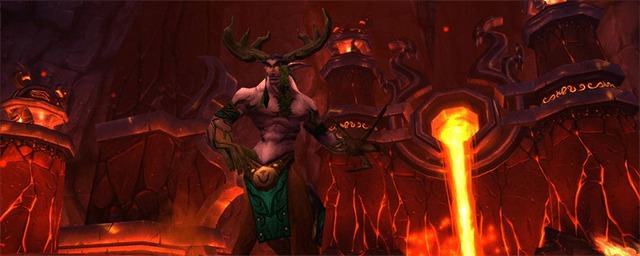
Private servers are free. Well, they are most of the time. Down below we’ll see an example of a private server that employed a microtransaction model that backfired on the owners. But if we ignore those exceptions, the most appealing aspect of private servers is the ability to play subscription games for free and we all know how popular free-to-play MMORPGs are.
Private servers are different. Most private servers implement unique gameplay rules that deviate quite a bit from official servers. For example, experience rates might be 100x faster OR new characters might start at maximum level. Other differences can include custom items, special mobs, or unique in-game events.
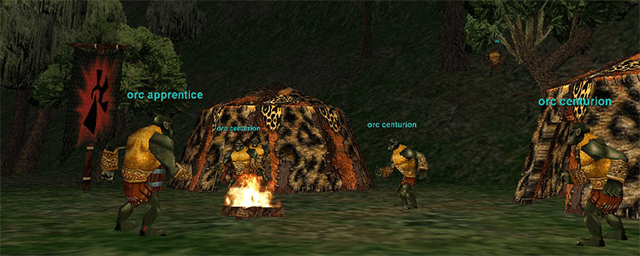
Private servers are convenient. They let you play games that you might not normally be able to play. For example, if a particular game is not offered in your region, private servers could fill that void. Similarly, if a game is discontinued and all official versions are taken down, private servers allow fans to keep playing.
I’m not saying that these reasons are appropriate and I’m not saying that these reasons justify the act of playing on a private server. These are simply explanations for why private servers are so popular.
And indeed, private servers are widespread. They’ve been around for almost two decades now and their popularity continues to grow year after year. Despite constant mentions of the legal gray area where private servers are concerned, they cannot be killed. For each one that shuts down, three more rise up.
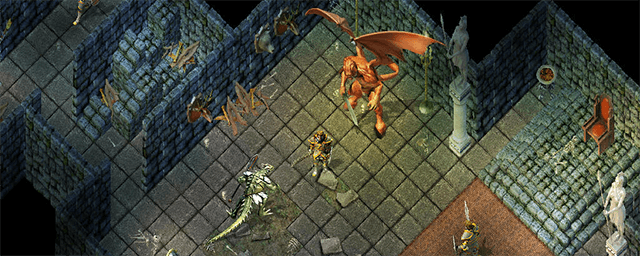
Ultima Online is often credited as the first game to develop a passionate server emulation community. UO private servers, known as shards, can be traced back to 1998 when a program called Ultima Offline eXperiment was made open source. It spawned dozens of forked projects and numerous server hosts. The UO shard community still runs strong today.
Not long after, other MMORPGs were deconstructed by clever reverse engineers and private servers for these games began popping up all over the place. EQEmulator powers the emulation of EverQuest; Hercules powers hundreds of servers for Ragnarok Online; and then there’s CMaNGoS, which is the most popular server emulator for World of Warcraft.
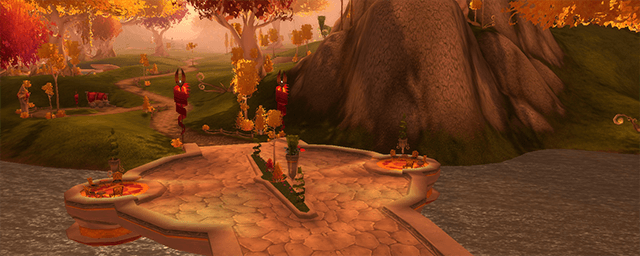
These servers are incredibly varied and each server has its own flavor that distinguishes it from every other:
This is just scratching the surface. As you can see, the demand for unofficial variants of World of Warcraft is enormous.
Which brings us back to the original question: are these private servers legal? It’s a valid question that strikes reluctance into many players’ hearts, particularly since there have been a few emulator-related lawsuits over the past decade.
The most frightening example has to be the 2010 case Blizzard Entertainment v. Alyson Reeves in which Scapegaming was slammed with $85 million in damages. During their run, Scapegaming had solicited over $1.5 million in player “donations” in exchange for in-game progress.

Sometimes, leaked versions of official server software are used to run private servers, as in the case of Ragnarok Online servers running AEGIS. Other times, servers illegally host and distribute official client files, resulting in copyright infringement lawsuits.
So, are private servers illegal? Well, there’s no easy answer.
Yet, even if the server “passes the test” on these three aspects, legality is not guaranteed. Companies will have less ground on which to sue, but depending on the circumstances, they may find enough dirt to punch through with a successful lawsuit. These risks mostly concern the server hosts only.
Then what about the legality of private servers for players?
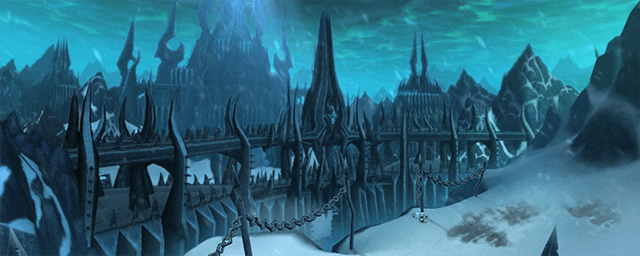
Before you can play on a private server, you need the game client. If you obtain a legitimate copy – that is, by purchasing it – then you must agree with the End User License Agreement (EULA) before you can use it.
For most MMORPGs, including World of Warcraft, the EULA forbids both modification of the client and participation on emulated servers. As the client often needs to be modified before it can log onto an emulated server, most of these players have breached both points.
What happens when you breach the EULA? Well, not much. There are instances when Blizzard has terminated the official accounts of those caught playing on emulated servers, but never has a private server player been hit with a lawsuit.
When all is told, private servers sit in a legal gray area full of moral ambiguity and MakeUseOf does not condone it. Do you play on private servers? What do you think about the whole controversy? Share with us in the comments.

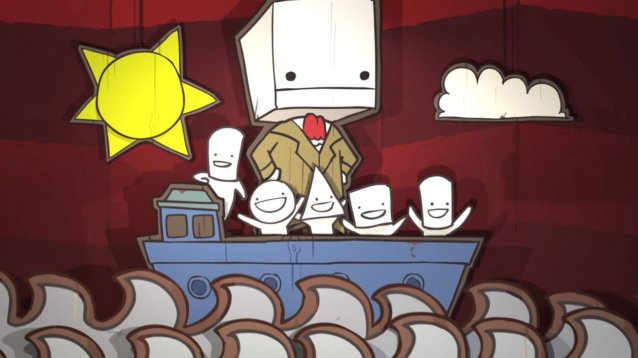
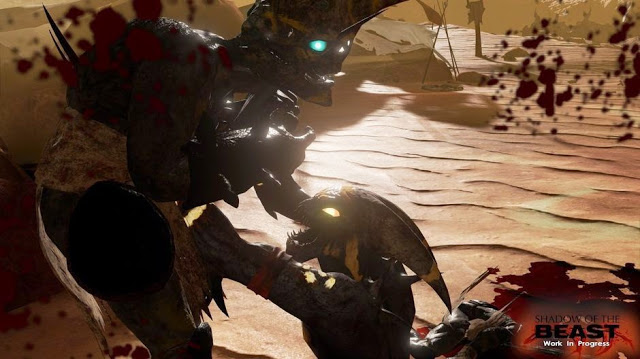
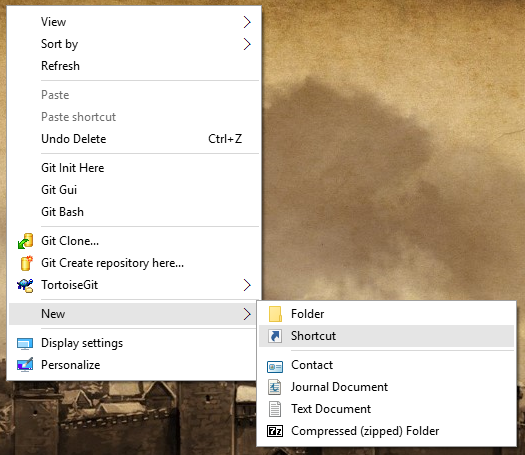
 How to Unlock all Alternate Costumes in Mortal Kombat X
How to Unlock all Alternate Costumes in Mortal Kombat X Castlevania: Lords of Shadow 2 Wiki .
Castlevania: Lords of Shadow 2 Wiki . Prove Your Pokémon Mastery With These Difficult Challenges
Prove Your Pokémon Mastery With These Difficult Challenges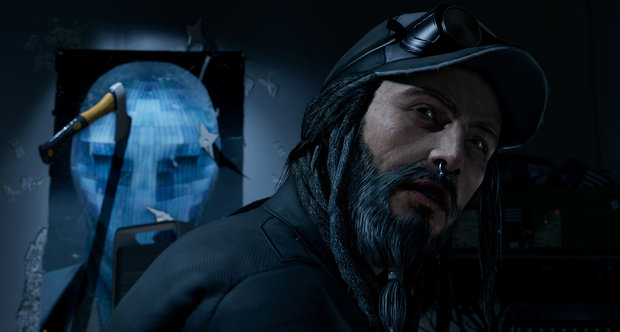 Watch Dogs walkthrough guide: Act IV: Someones Knocking to No Turning Back
Watch Dogs walkthrough guide: Act IV: Someones Knocking to No Turning Back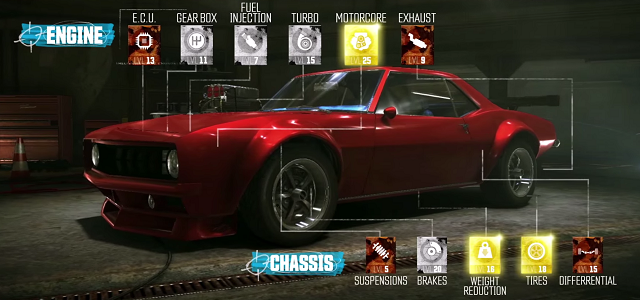 4 Ways The Crew Delivers On Its Hype
4 Ways The Crew Delivers On Its Hype